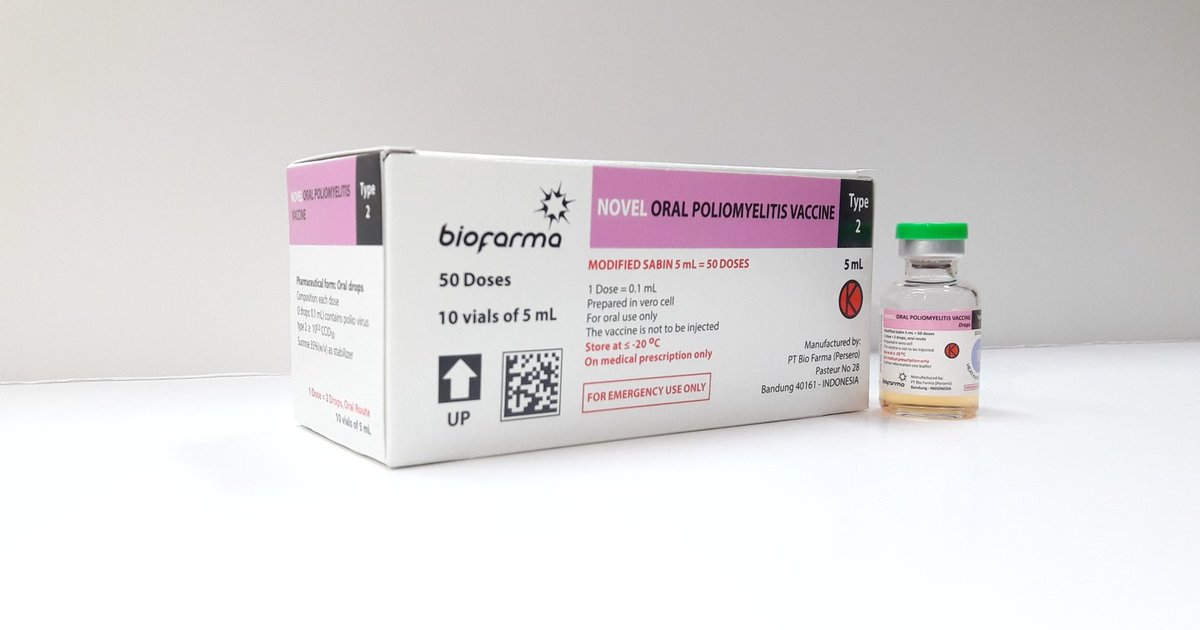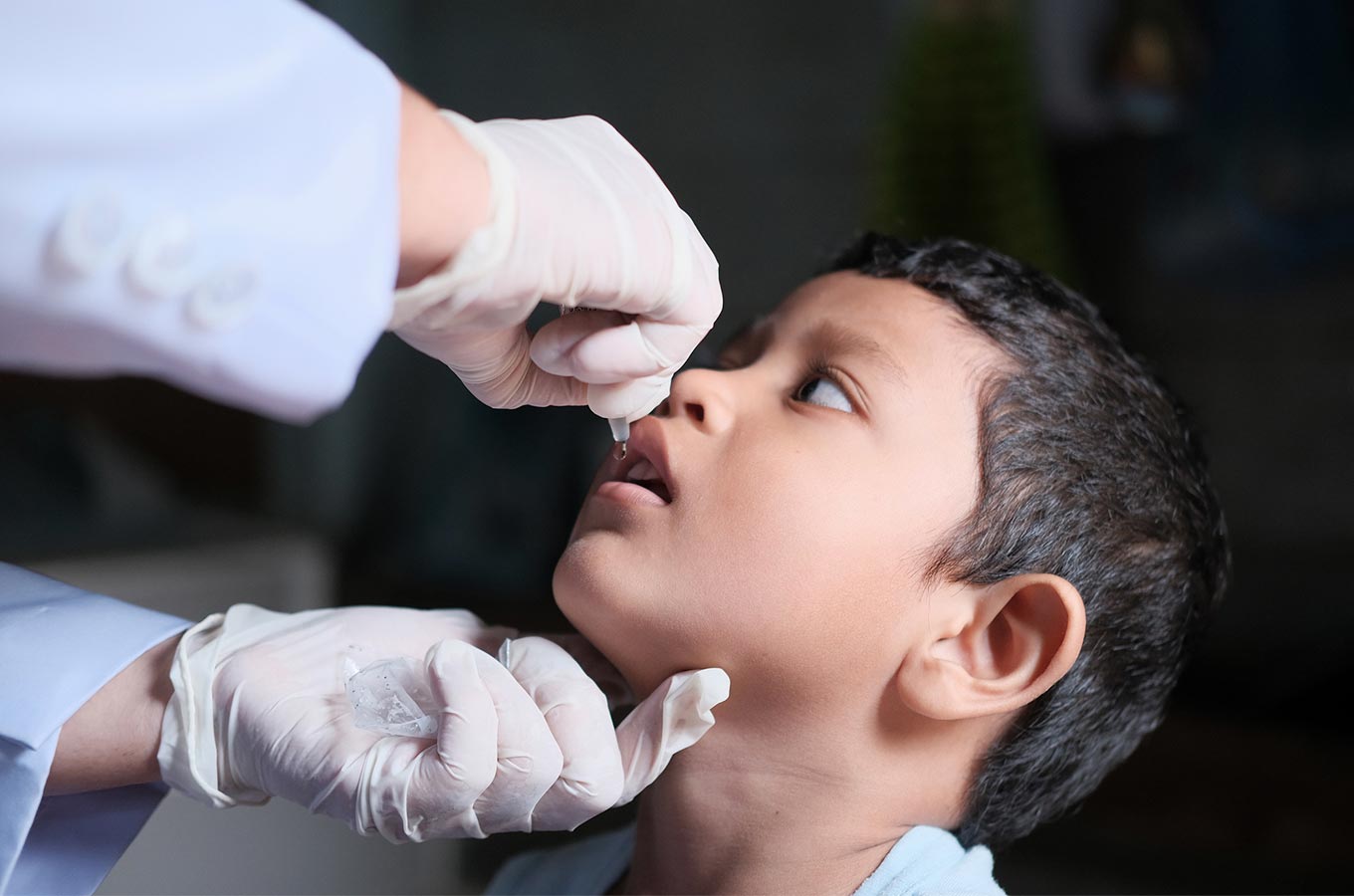The innovative Type 2 Oral Polio Vaccine (nOPV2), created by MHRA scientists, has been prequalified by the WHO, as a breakthrough. This statement on January 9, 2024, is vital to assuring vaccine quality and global availability.

Photo from UCSF
WHO Grants Green Light: Novel Type 2 Oral Polio Vaccine Cleared for Global Rollout
Three years after receiving Emergency Use Listing (EUL), the nOPV2 has received prequalification after 950 million doses worldwide. WHO examination of immunized populations confirms the vaccine’s safety and efficacy. This innovative polio vaccine reduces vaccination-derived outbreaks and protects youngsters.
WHO prequalification ensures quality and simplifies nOPV2 access and deployment for more countries. Importantly, member countries can now get and utilize the vaccine without EUL’s strict preparedness and monitoring criteria. This milestone helps international agencies distribute nOPV2 to developing countries by increasing accessibility.
Dr. Andrew Macadam, Principal Scientist at MHRA, stressed the importance of collaboration in this achievement. He stressed the need for cooperation, rapid and precise detection, and extensive immunization coverage in eradicating polio.
READ ALSO: A&E Crisis: Unprecedented Surge As Over 420,000 Patients Endure 12-Hour Waits, A 50-Fold Increase Since 2019
Polio Protection: Vaccine’s WHO Approval Bolsters Global Eradication Efforts
Poliovirus-caused polio can paralyze or kill children worldwide, especially newborns and children under five. The first oral polio vaccinations (OPVs) have used a live but attenuated poliovirus to reduce polio cases since 1988. OPVs can be sent to remote areas without cold storage, unlike UK vehicles.
Due to an increased danger of vaccine-derived outbreaks in Africa and Asia, nOPV2 was introduced three years ago to boost safety. Its genetic alterations have greatly reduced the likelihood of the poliovirus evolving and regaining lethal potency, making it a reliable tool in the fight against polio.
The innovative Type 2 Oral Polio Vaccine prequalification is important to worldwide polio eradication. This milestone allows the nOPV2 to protect children worldwide from polio with better accessibility and safety.
READ ALSO: Promega Finds New Way To Fight Children’s Cancer With Special Medicine

















































